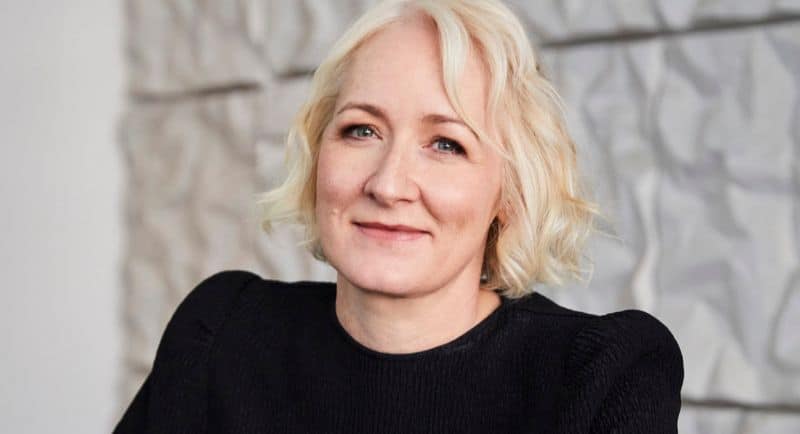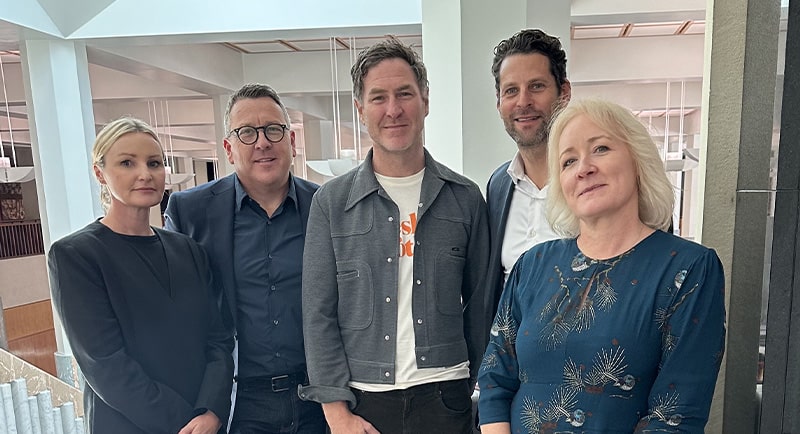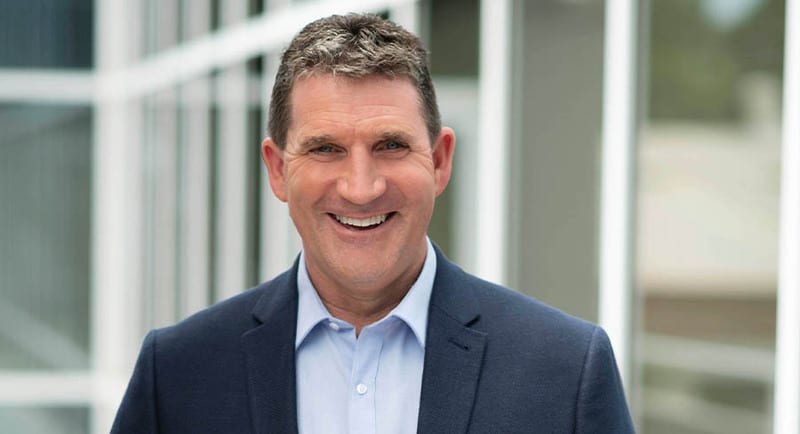If the Copyright Legislation Amendment (Fair Pay for Radio Play) Bill 2023 passes, ARIA and PPCA CEO Annabelle Herd has told Mediaweek that commercial radio stations in regional Australia could be charged a different license rate to those in metro markets.
As Australian law currently stands, recording royalties are capped at 1% of commercial radio revenue and 0.005c per head of population for ABC Radio. These caps do not exist for any other type of copyright in Australia.
If the new proposed law passes, the Act will be amended to remove caps on the amount of money payable to rights holders when commercial or ABC radio spins a track.
Herd, who supports the bill, told Mediaweek: “Even if the cap is removed, we must still negotiate that rate with CRA, and protecting regional radio will be a top concern from both parties. It may well be, for example, that regional radio is charged a different license rate to metro.”
If a situation ever arises where the two parties can’t agree on a rate, the matter will be settled by the Copyright Tribunal. The Tribunal’s role would be to conduct a thorough, independent analysis to determine a rate that will not unfairly penalise either party.
“They would absolutely consider the impact of a rate on regional radio,” Herd added.
Radio reps in Canberra
This week, industry representatives were in Parliament House to relay their views to senators. One of the biggest concerns raised by Commercial Radio and Audio (CRA) and industry union, the Media Entertainment and Arts Alliance (MEAA) about the Fair Pay for Radio Play bill is that a proposed change to the Copyright Act could “harm local radio in regional and remote communities”, lead to a reduction of local media content, and put radio jobs under threat.
Ciaran Davis, CEO of ARN and chairman of CRA, opposed the bill. Davis told senators that the radio industry already pays around $40 million in copyright charges per annum, which equates to 5% of industry revenue, not profit.
“Any additional impost of increased and uncapped PPCA fees will impact the amount we have available to spend on local regional newsrooms, and regional communities generally. Jobs will be under severe threat,” he said.
Davis also told senators that 17 million Australians listened to commercial radio content in 2022, for the local news, content, talk, and information as well as music.
“CRA has 260 member stations, 220 of which are in regional and remote areas. 2,200 of the 6,500 full-time people employed in this industry work in regional areas. Commercial radio contributed over $1 billion to the economy in 2022 of which $320 million was generated in the regions.”
See Also: MEAA and CRA: Proposed Bill would “harm” radio in regional and remote communities
Davis pointed to the fact that for many regional communities, radio is often the only remaining source of accurate, local news.
“Radio plays a vital role in providing communities with emergency updates during fires and floods. And we proudly take part in supporting and sponsoring regional communities – from sporting clubs to community events. Much of this is at risk if this bill is passed,” he said.
Impact on artists
Herd and the ARIA and PPCA team arrived in Canberra with a signed letter from over 500 artists supporting the Bill, with names like Jack River, Paul Dempsey and Mark Seymour on the list.
Despite this, MEAA campaigns director Paul Davies has claimed that “the vast majority of musicians are cut out of payment for broadcasted music by the record companies under the current system”, and said he is “concerned about any potential of entrenching and expanding an unfair system.”
Davis made it clear that, “we have no complaint with the idea that musicians should be paid fairly for their work,” and as an alternative path forward suggested that “we could support PPCA distributing payments to session musicians.”
Herd responded by making the point that artists are not concerned about the distribution of royalties from record labels, they are concerned about the cap.
“When an Australian sound recording is played on radio, 50% of the royalty goes directly to the artist and 50% to the rights holder. Many artists still hold the rights to their own music meaning they receive 100%.”
As far as concerns over the broader music ecosystem, Herd added, “if these caps are not removed, we are simply talking about splitting an already small pool of radio royalties into even smaller fragments. That is not a great outcome for anyone.”
If the caps are lifted, Herd said that for Australian recordings, 50% of any increase would go directly to the recording artist so they can continue to invest in their career and their team.
“Particularly, it helps them achieve the capital required to get out on the road and tour, which is where most artists drive the bulk of their income.”
Herd also said a shift in perspective can be helpful, and that “it’s important to view most artists as small businesses in Australia.”
“Small businesses need to carefully manage every dollar that comes in and out. For record labels, it would provide greater opportunities to re-invest in local Australian artists and create sustainable careers.”


